Description
Dhatu Sprouted Wheat Flour is made in small batches to retain the flavor and nutrition of the product. Our certified organic wheat berries have been sprouted, dried, and cold-milled into flour.
The process of sprouting breaks down the enzyme inhibitors present in the grains, making it much easier for the body to digest and absorb the nutrients. Sprouting also increases the nutritional content and makes it more bioactive.
[lwptoc hideItems=”0″]
What are Whole Grains?
Grains or “seeds” are storehouses of vitamins, minerals, enzymes, and essential fatty acids as well as the greatest source of proteins
What happens when a grain sprouts?
When sprouting, a seed unfolds and starts to multiply and develop its nutrients in order to provide nourishment for the maturing vegetable. The metabolic activity of resting dry seeds increases as soon as they are hydrated during soaking.
During germination, nutrients are enzymatically broken down and simplified: protein into amino acids, fats into essential fatty acids, and starches into sugars.
Minerals chelate or combine with protein in a way that increases their utilization. Since no external nutrients are added, only water and oxygen are consumed by the sprouting seeds to enable these complex biochemical changes.
Proteins, vitamins, enzymes, minerals, fiber, and trace minerals multiply during the germination process.
Does drying the sprouted grain affect nutritional value?
Drying does not affect the superior nutritional value accumulated from germination but helps in increasing the shelf life.
Do Grinding and Milling affect nutritional value?
Cold-Milling whole grains merely grind the storage cell. No matter how fine or coarse the grind is, it remains in the dried seed state. Grinding or milling a whole grain does not change its properties.
Why choose sprouted grains?
Sprouting changes dormant seeds into living food. Its nutritional qualities are now readily bioavailable when we eat sprouted grain or flour. The changes that occur during sprouting increase nutrition, and improve digestion and assimilation. This is the reason sprouts are considered predigested food.
Whole grains major storage proteins of most cereals are classified according to their solubility
properties into:albumins (water-soluble), globulins (salt-soluble), glutelins (alkali-soluble), and
prolamins (alcohol-soluble).During grain germination, the storage proteins are hydrolyzed into
peptides and amino acids by proteolytic enzymes after 2–3 days from imbibition, thereby increasing
nutrient bioavailability (Reference here)
Living foods are one of the best foods to combat lifestyle diseases. The increased nutritional component of these foods fights Cancer, Diabetes, Blood Pressure, and Neurological Disorders which seem to be on the raise currently.
About Sprouted Wheat Flour
Sprouted wheat grain contains many active enzymes that aid in digestion. Phytic acid, an organic acid in which phosphorus is bound, is present in the outer, or bran, a layer of whole grain. Phytic acid, an enzyme inhibitor, can combine with calcium, magnesium, copper, iron, and especially zinc in the intestinal tract and block their absorption.
Sprouted grains contain enzymes, lactobacilli, and other helpful organisms that break down and neutralize phytic acid, allowing the body to better absorb the nutrients. The enzyme activity and lactobacilli growth that occurs when grains sprout therefore aid in digestion.
Vitamin C is produced through sprouting. Vitamins increase, especially B2, B5, and B6, as well as vitamins E, vitamin K, riboflavin, and niacin. Beta-Carotene, the vitamin A precursor, increases dramatically. Drying the sprouted grains and cold-milling whole grains does not change their properties. All the nutritive values are preserved in the flour.
How to use it in recipes?
Whole wheat baked goods have a reputation for tasting bitter. The sprouting process results in amazingly tasty flour that are mild and full of flavor, with no bitterness. Bread made from sprouted wheat flour has more fiber content.
Please check out the benefits of consuming germinated brown rice!



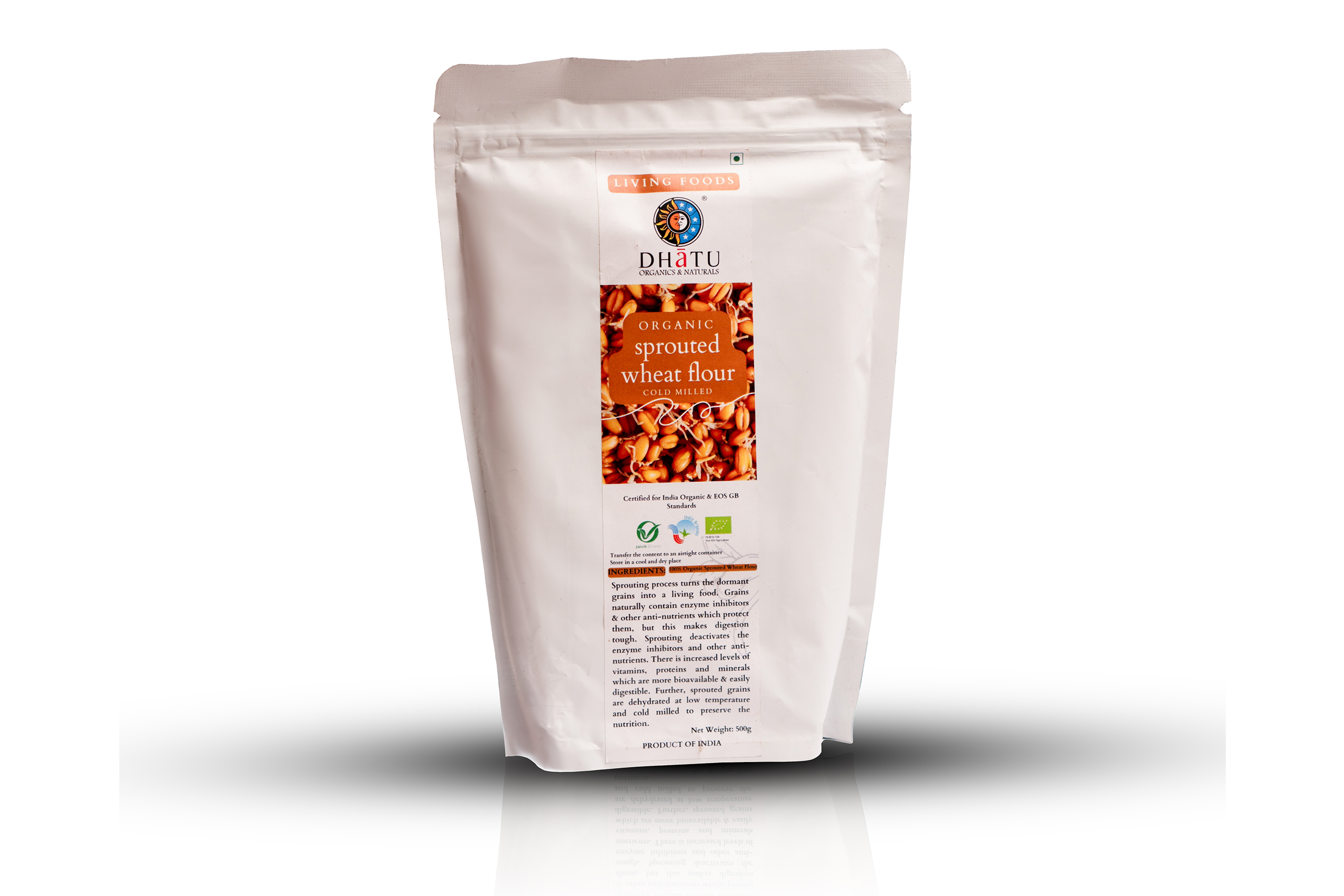
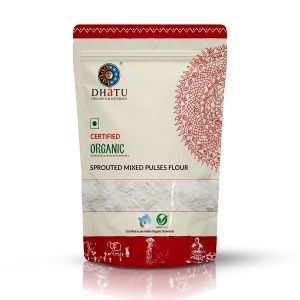
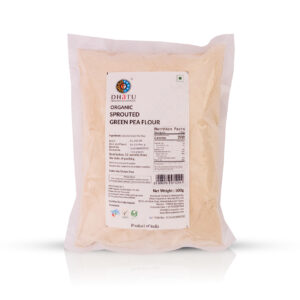
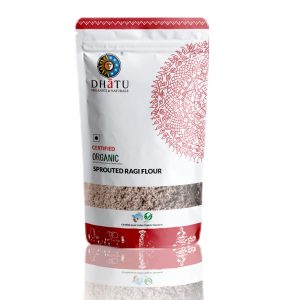
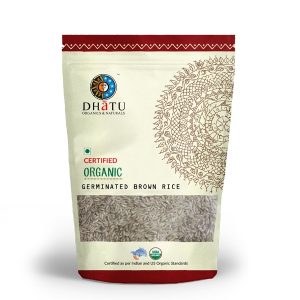

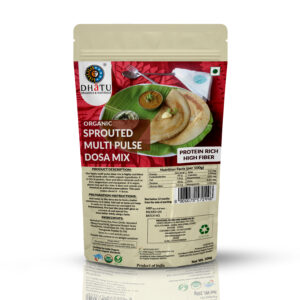

MUTHAIYA CHIDAMBARAM MUTHAIYA (verified owner) –